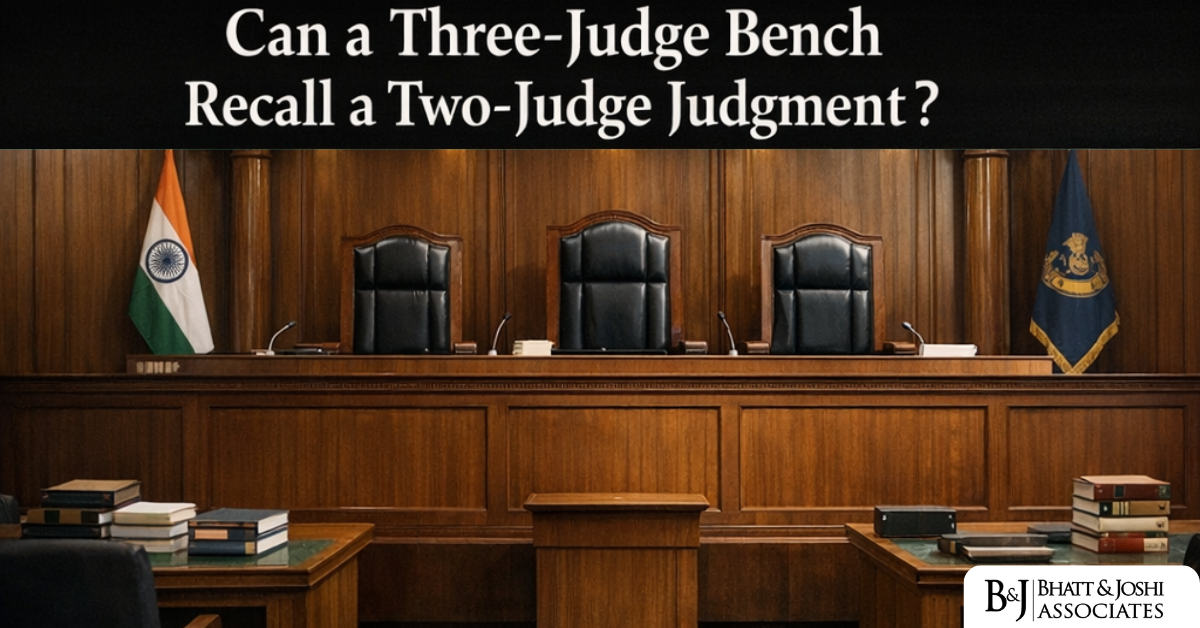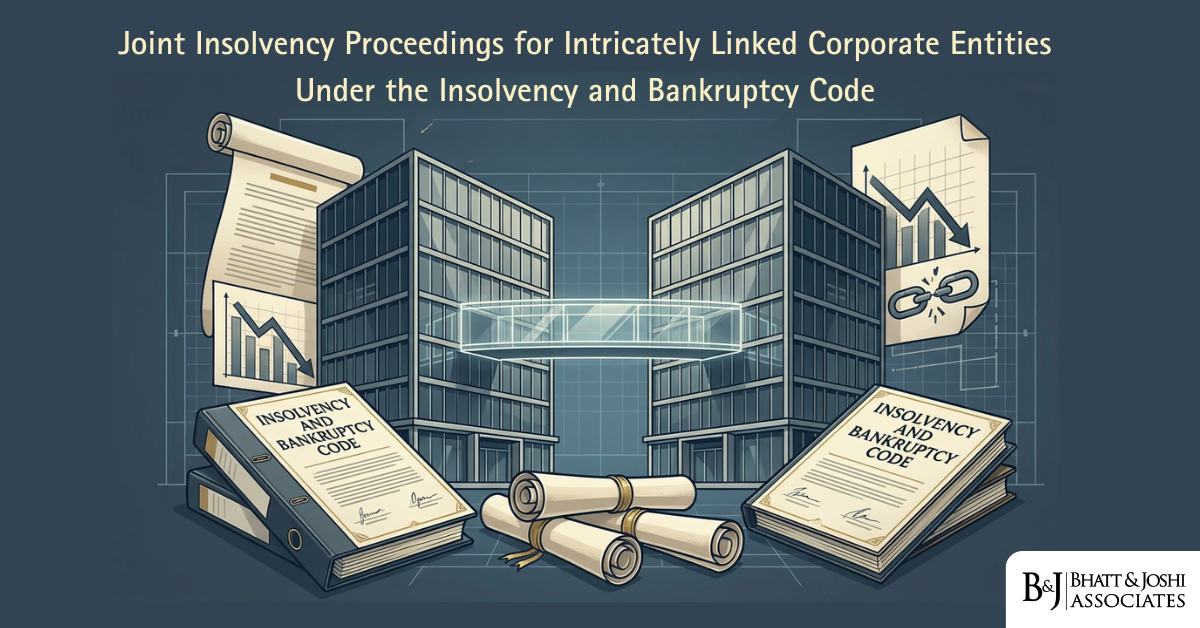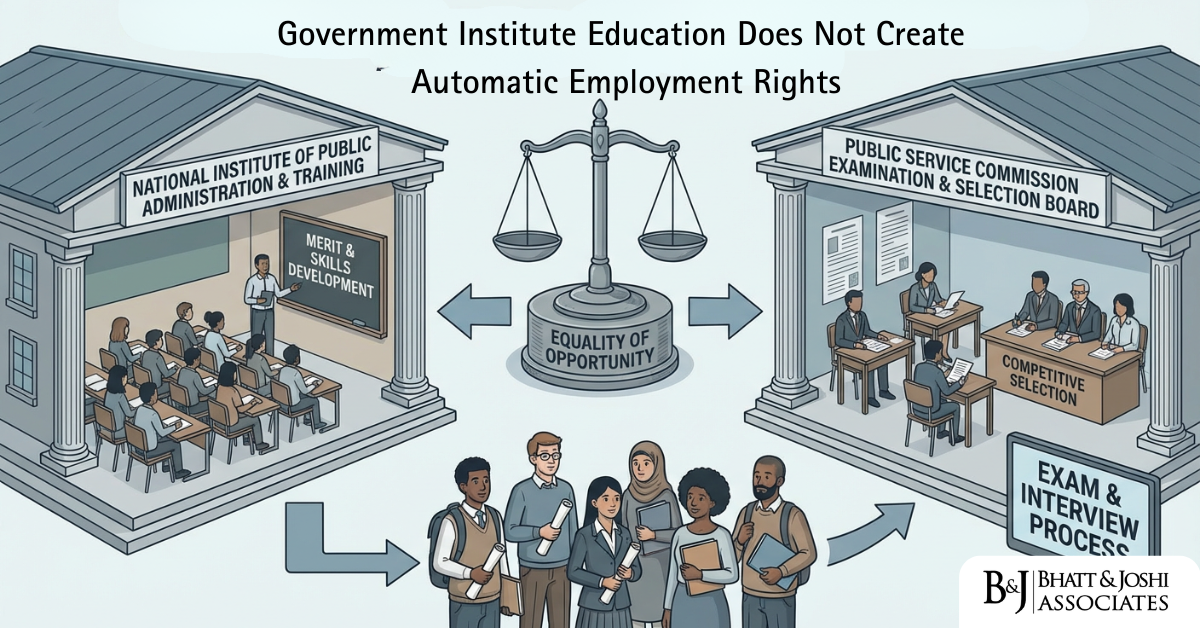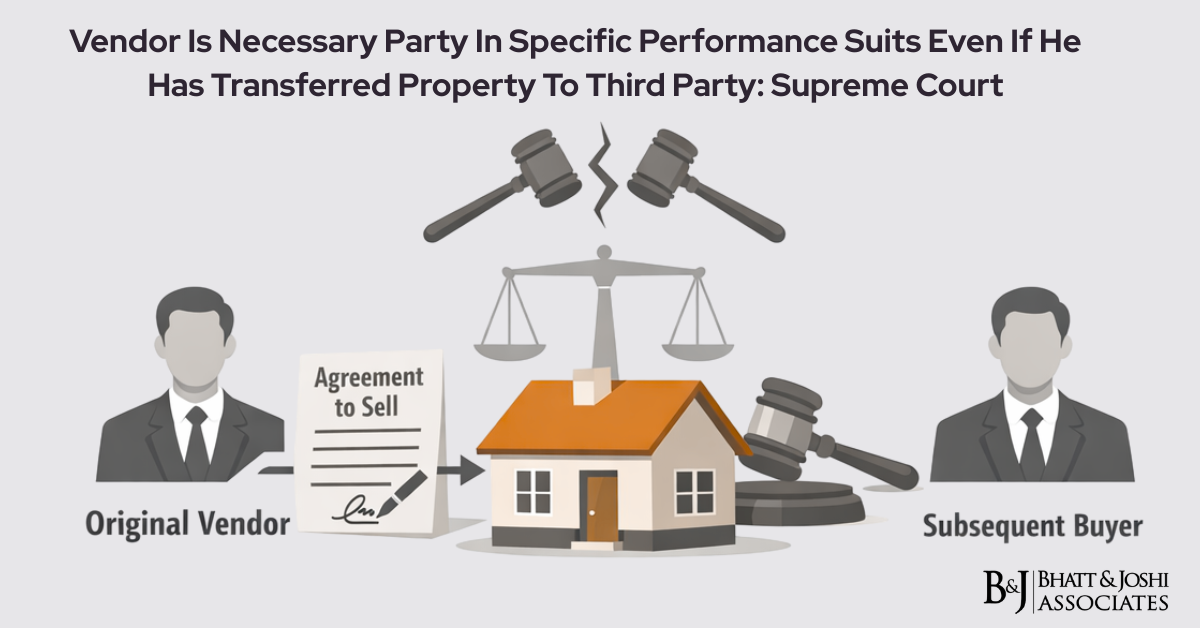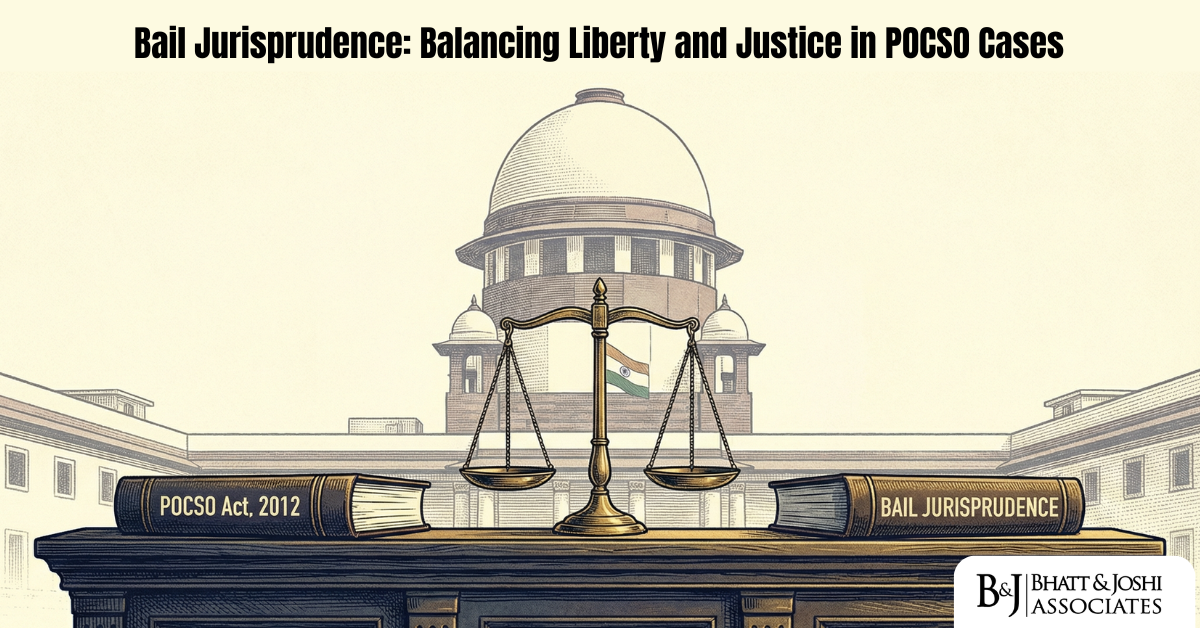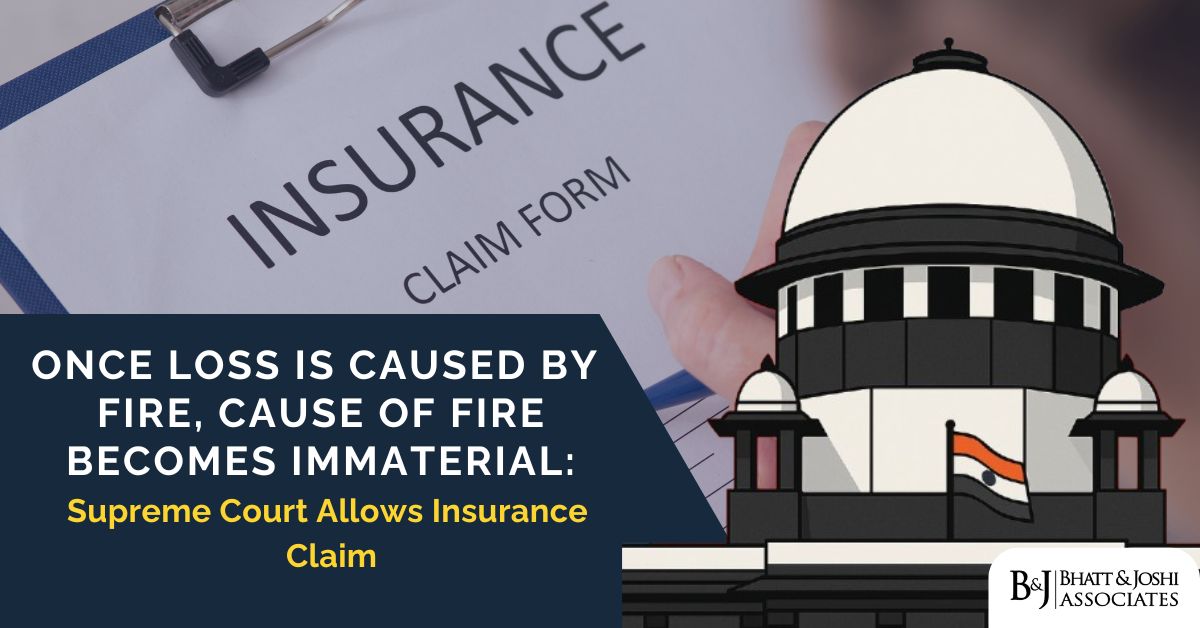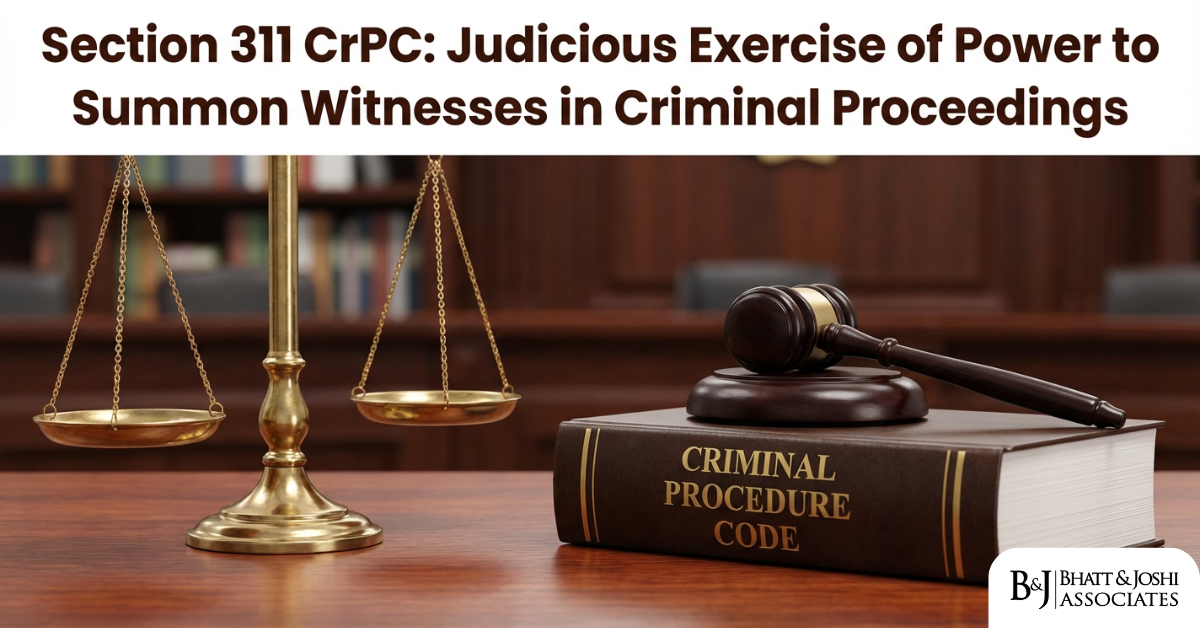Supreme Court Larger Bench Rule: When a 3-Judge Bench Recalls a 2-Judge Bench – India’s Unresolved Doctrine on Co-Equal Bench Powers
Introduction Few questions in Indian constitutional procedure are as persistently contested yet practically consequential as this: what exactly can a bench of three judges do to a
Joint Insolvency Proceedings for Intricately Linked Corporate Entities Under IBC
Introduction On February 3, 2026, the Supreme Court of India delivered a landmark judgment in Satinder Singh Bhasin v. Col. Gautam Mullick & Ors. [1], which affirmed that a sin
Government Institution Education Does Not Guarantee Government Jobs: Supreme Court on Legitimate Expectation in Government Jobs
Introduction The Supreme Court of India recently delivered a significant judgment that clarifies the boundaries between education in government institutions and entitlement to publ
Vendor Is Necessary Party In Specific Performance Suits Even If He Has Transferred Property To Third Party: Supreme Court
Introduction The Supreme Court of India has recently reaffirmed a fundamental principle of property law through its judgment in Kishorilal (D) Through LRS & Ors. vs. Gopal &
Promoter’s Undertaking to Infuse Funds Does Not Amount to a Contract of Guarantee Under Section 126 of the Indian Contract Act: A Critical Analysis of the Supreme Court’s Ruling
Introduction The Supreme Court of India recently delivered a significant judgment that clarifies the legal distinction between a promoter’s undertaking to arrange funds for a
Bail Jurisprudence: Balancing Liberty and Justice in POCSO Cases
Introduction The Supreme Court of India has reiterated a fundamental principle in criminal jurisprudence that bail should neither be refused mechanically nor granted on irrelevant
Once Loss Is Caused By Fire, Cause Of Fire Becomes Immaterial: Supreme Court Allows Insurance Claim
Introduction The Supreme Court of India recently delivered a landmark judgment that significantly clarifies the legal principles governing fire insurance claims in the country. In
Section 311 CrPC: Judicious Exercise of Power to Summon Witnesses in Criminal Proceedings
Introduction The criminal justice system in India is fundamentally built upon the discovery of truth and delivery of justice through fair and transparent proceedings. Within this f
High Courts Cannot Quash Cheque Bounce Cases by Conducting a Pre-Trial Enquiry Under Section 482 CrPC: Supreme Court
Introduction The Supreme Court of India delivered a significant judgment on December 19, 2024, reaffirming the jurisdictional boundaries of High Courts when dealing with petitions
Section 149 IPC: Supreme Court Guidelines on Determining Membership in Unlawful Assembly and Common Object
Introduction The Indian criminal justice system operates on the foundational principle that guilt must be individually established beyond reasonable doubt. However, certain provisi
 Whatsapp
Whatsapp

